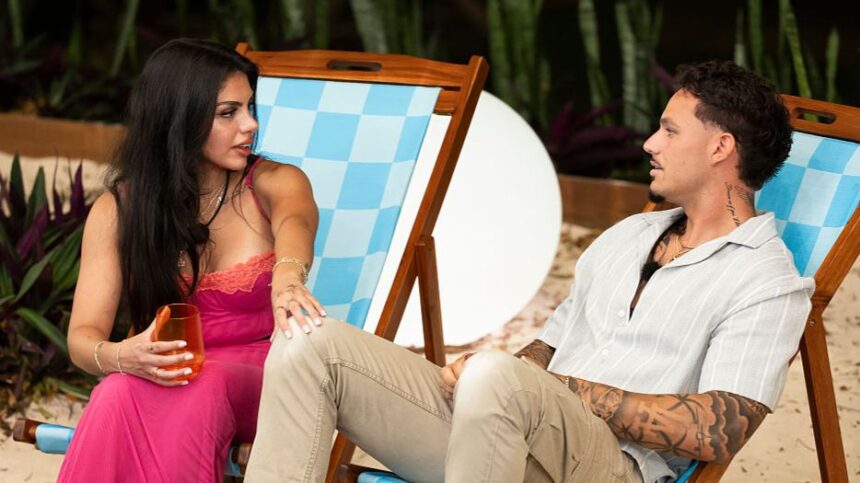Introduction
Love Island USA is enjoying record ratings this season, but the reality show’s rising fame brings serious concerns. After the tragic suicides of UK contestants, the show must strengthen its duty-of-care for cast members facing cyberbullying, online harassment, and emotional turmoil.
Why Duty‑of‑Care Matters
Love Island UK suffered devastating losses in 2018 and 2019 when contestants Sophie Gradon and Mike Thalassitis died by suicide. These tragedies prompted a parliamentary inquiry and full reforms in contestant aftercare.
Expert Insights on Contestant Welfare
Behavioural psychologist Jo Hemmings, who’s worked on reality shows like Big Brother, told the BBC: *“I don’t think duty of care has evolved as far in the US as it has in the UK.”* She emphasized that thrill-seeking producers shouldn’t overshadow contestant support.
Dr Jamie Huysman, a 20‑year industry mental‑health advisor, highlights social media’s brutal role: *“Social media has made it hell… It disassociates us from the impact of our words.”*
Love Island USA’s Current Support Measures
- Pre-show psychological screening for each islander.
- Two on-site psychologists, plus a welfare manager, operate during filming.
- Post-show aftercare, though not as extensive as UK protocols.
These steps represent progress, but islanders still confront online hate—mean comments, doxing, and scrutiny that can spiral into anxiety or worse.
What US Producers Could Improve
To address gaps, Love Island USA could:
- Increase post‑show support: UK offers ongoing therapy; US should follow suit.
- Restructure vetting: Screen for vulnerability to social media harassment.
- Introduce media literacy: Teach islanders how to handle online abuse.
- Enhance transparency: Maintain active mental health resources before, during, and after airing.
Participants Speak Out
Former UK contestant Zara Holland shared on Newsbeat, *“If I could turn back time, I really wish I’d never gone on the show.”*
Host Ariana Madix echoed the support message directly during a recent episode: *“The keyword in Love Island is… Love. We don’t love cyberbullying, harassment or hate.”*
The Broader Reality‑TV Reckoning
Reality stars from Real Housewives to Love Is Blind are demanding change. Bethenny Frankel called for a “reality reckoning,” even advocating union rights for participants. Several lawsuits are now challenging networks’ duty-of-care standards.
Sociologist Suzie Gibson says reality shows make “modern‑day gladiators” out of participants—fighting for glory amid public judgment and online attacks.
Conclusion
Love Island USA can no longer treat cast welfare as an afterthought. British lessons show that failure to care can be fatal. With live spin-offs like Beyond the Villa on the horizon, producers must adopt UK-level aftercare, enrich psychological training, and clamp down on online abuse.
If reality TV truly values its stars, it must go beyond the edits and storylines—and protect real people behind the romance and drama.
👉 Related discussion: Mental Health in Entertainment


